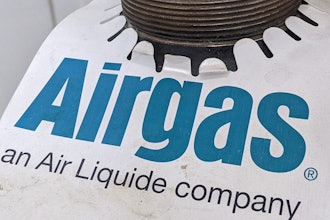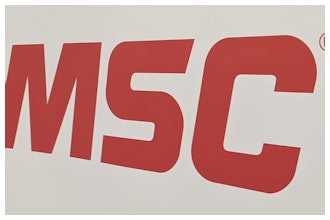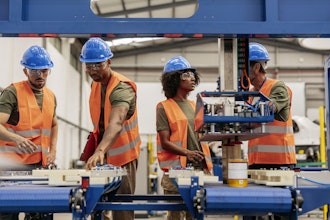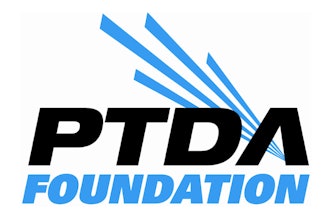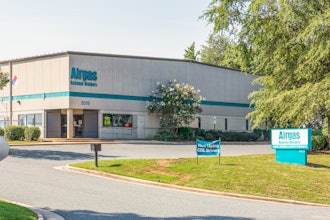Provision to create R&D tax credit for startups was unanimously approved by the Senate Finance Committee in April
WASHINGTON – The annual tax-credit extension bill set for consideration by the Senate this week includes a provision authored by U.S. Senator Chris Coons (D-Del.) and Mike Enzi (R-Wyo.) to allow innovative startup companies to access the successful Research and Development Tax Credit. The provision, originally introduced by Senators Coons and Enzi in the Startup Innovation Credit Act, would allow innovative startups to claim the R&D tax credit against their employment taxes. The Senate Finance Committee unanimously approved the legislation in April as an amendment to the tax extenders bill.
“Investments in research and development spur new innovations that create jobs and grow our economy," Senator Coons said. “The successful Research and Development Tax Credit has helped tens of thousands of American companies invest in innovation, but many of our nation’s most promising startups don’t have access to this valuable tool. Firms under five years old have created the vast majority of new jobs in recent years by taking risks to turn their ideas into cutting-edge products. The Startup Innovation Credit would help more innovative startups access the capital they need to grow and create jobs during their critical early stages. After three years of work on this smart, bipartisan legislation, I am proud to lead its progress to the Senate floor and look forward to working with my colleagues to see it become law.”
To qualify for the Startup Innovation Credit, a company must be less than five years old and have less than $5 million in gross receipts. Since many young companies invest heavily in research and development in their first few years and don’t have an income tax liability, they are unable to claim a federal income tax credit, like the R&D Tax Credit. In fact, according to the Government Accountability Office, more than half of the credit claimed by companies each year goes to firms with $1 billion or more in receipts. With the Startup Innovation Credit, a new company that lacks an income tax liability would instead be able to claim the R&D credit in the following year by reducing its employment taxes by an equivalent amount up to $250,000.
The tax extenders package also includes a second provision – originally authored by Senators Coons and Pat Roberts (R-Kan.) in the Innovators Job Creation Act – designed to help small, innovative companies by allowing small business owners to claim the R&D tax credit against their Alternative Minimum Tax liability. The bill, first introduced in January 2014, is cosponsored by Senators Enzi and Chuck Schumer (D-N.Y).
In addition to Senators Coons and Enzi, the Startup Innovation Credit Act is cosponsored by Senators Schumer, Marco Rubio (R-Fla.), Roy Blunt (R-Mo.), Debbie Stabenow (D-Mich.), Jerry Moran (R-Kan.), and Tim Kaine (D-Va.). It was first introduced in August 2012. The full text of the original legislation can be downloaded here: http://coons.senate.gov/download/startup-innovation-credit
Language creating the Startup Innovation Credit was also included in the Startup Act 3.0 introduced by Senators Moran, Coons, Blunt and Mark Warner (D-Va.) in February 2013.
“The R&D tax credit is a critical tool that has helped America’s manufacturers and other innovative firms invest in fresh ideas and create good jobs,” Senator Coons said. “That benefit should also be available to the high-potential, small and early-stage businesses that need it most. Together, these two provisions strengthen the R&D credit so that it can have an even broader impact on our economy. I hope my colleagues will join me in supporting this simple change that will unleash new resources and provide new opportunity for innovators across the country.”











